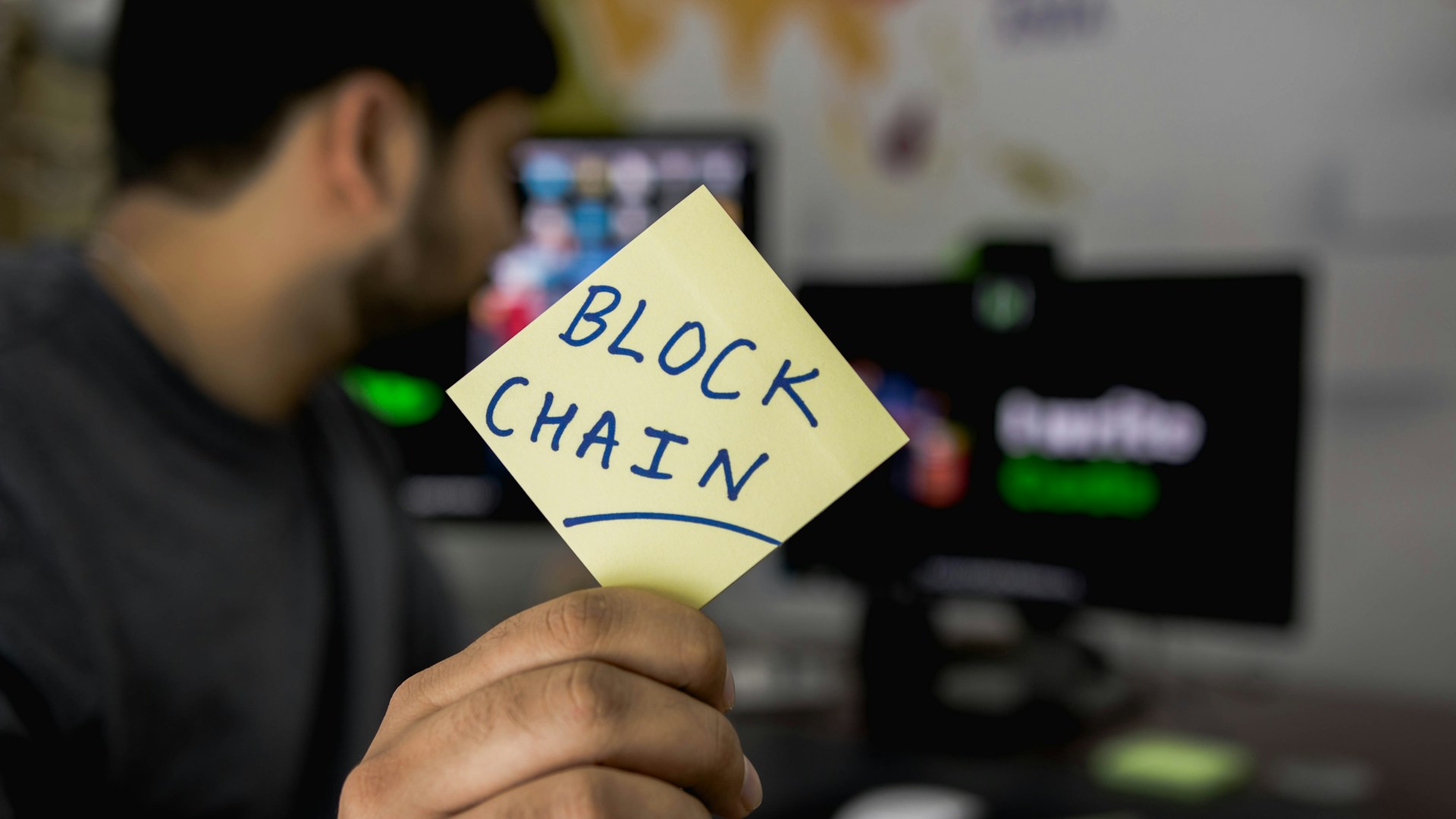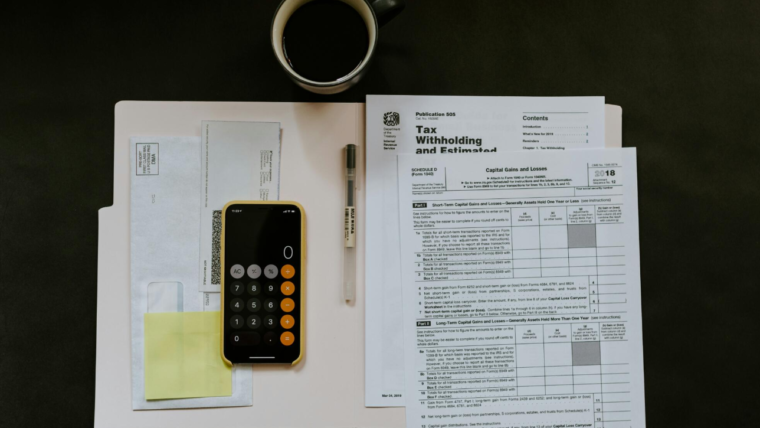
The blockchain allows business to take place between people all around the globe, and smart contracts are what enable this. It can be difficult to legally enforce traditional contracts when the parties are based in many different countries, so self-executing contracts reassure everyone that they will be treated fairly. However, self-execution comes with some risk. If the instructions are wrong or are altered by bad actors, money may be irretrievably lost.
A smart contract audit helps protect against this. This article explains what happens during an audit and how they keep contract parties safe.
What Is a Smart Contract Audit?
Smart contracts are really computer programs, which means they are written in code. This means there is always a risk that errors can slip in, or cybercriminals may try to change things. Smart contract audits are thorough reviews of the code by independent third parties, with a view to identifying and fixing vulnerabilities before the contract is deployed. The output is a report detailing any issues found and any remedial actions that should be taken.
Protecting Assets
Smart contracts are designed to enable business to take place. This means that many of the instructions they execute involve the transfer of money and assets between parties. Mistakes or attacks may cause these to be sent to the wrong accounts, and because the blockchain enables anonymity, it may be impossible to identify the person who ends up receiving it. The main purpose of a smart contract audit is to ensure this doesn’t happen.
Saving Money in the Long Run
While audits can’t protect you against volatility in the price of Bitcoin and other digital assets, they can save significant money over the long term. This is because if a contract does go wrong or get exploited, you don’t just lose the assets that go missing. You lose people’s trust, which means future opportunities may be withdrawn. You may also find yourself embroiled in a lawsuit and having to shell out for legal representation.
Building Trust
On the other hand, contracts that have been audited and ultimately prove to be secure and successful bolster your credibility. That can lead to more and greater opportunities coming your way. It also builds trust in the blockchain community as a whole. Right now, it is still very niche because people don’t trust it or think it’s safe, but every successful project and audit helps prove that it’s a viable place to do business.
Meeting Regulatory Expectations
Regulatory and law enforcement agencies are taking increasing notice of activity on the blockchain. They can see that lots of people are losing money due to vulnerabilities being exploited by cybercriminals, and some jurisdictions have already started bringing in guidelines for certain blockchain technologies. Audits can help ensure that your projects are in compliance with these, and they can help reassure regulators and legislators that the technology is more beneficial than harmful.
Conclusion
Getting a smart contract audit is critical not only for individual blockchain projects but for the blockchain ecosystem overall. They protect the parties to each contract, but they also establish credibility and trust in this new technology, which is essential for it to become widely adopted.

